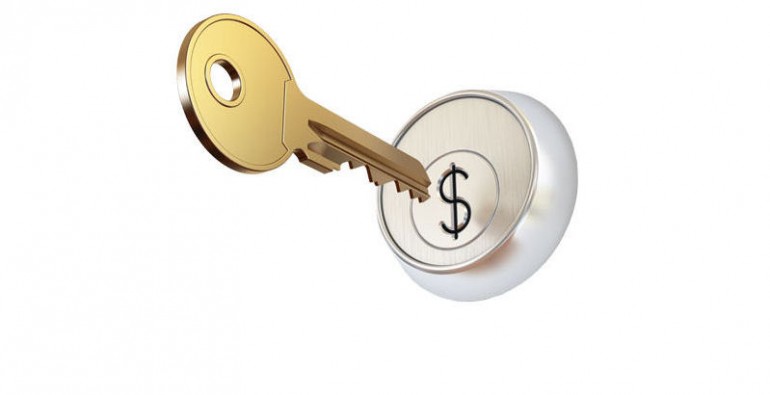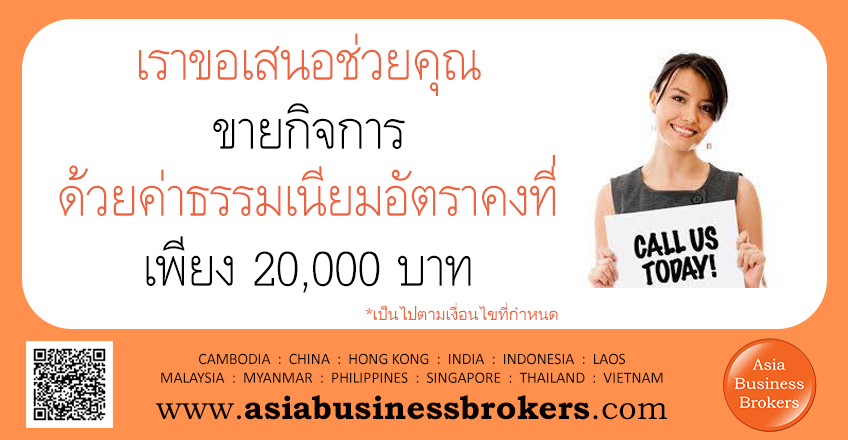
Key Money – What is it and how does it Apply?
Key Money (not to be confused with ‘Tea Money’), exists in several countries – Thailand, Pakistan, Japan, Korea, France, Sweden, USA, and up until 2003, Australia. Although the name is common in these countries (except Pakistan where it is referred to as paghri and Japan where is is known as reikin (??, literally, ‘gratitude money’), the meaning is different, and even within different parts of Thailand, the meaning is different. This article deals only with Thailand. Key Money gets its name from the fact that after it is paid, the Lessee is given the key to the property.
To understand what Key Money is and how it works, you first have to understand the stakeholders in a LEASE transaction. First up there is the owner of a property (lets say its a shop house building) – this person is commonly referred to as the Landlord. Secondly, there is the occupant of the building being leased who is normally carrying out some sort of business in that building (hotel, bar, massage, spa, etc) – this person is referred to as the Lessee or Tenant. Typically, in most countries, there are two elements involved in the lease. A new tenant will pay the landlord a Security Deposit (sometimes called a rental bond) and Rent. Typically, the new tenant then creates a business in that building and commences trading. They now also become known as the Business Owner as the tenant now owns the ‘business’ being carried out in that leased location. And, assuming the business is viable and in demand, it becomes a saleable asset.
In some instances when leasing property in Thailand, another element, other than the Security Deposit and the Rent, sometimes comes into play – Key Money. For various reasons many people assume charging key money relates to greed and/or tax avoidance on the Landlord’s behalf, but this may not necessarily be true. Key Money is an amount of money that is paid by a Lessee to a Landlord when entering into and/or renewing a lease agreement for a property. It is most common with properties being used as bars, restaurants, clubs, massage shops, hotels and other ‘tourist industry’ businesses, or premises in ‘tourist areas’. It may or may not apply depending upon the needs of the Landlord. Unlike a Security Deposit which is generally returned in full at the expiration of a tenancy, providing the conditions of the lease agreement are adhered to, Key Money is NON REFUNDABLE.
To a Lessee, Key Money is often thought of as ‘Jam Money’ or money for nothing. The Lessee gets nothing for it, and generally despises paying it. To potential buyers of a business, where Key Money is involved, it often dissuades them from buying as they sometimes see it as an illegal payment – it’s not rent and it’s not a bond, so why should they pay it? To Business Owners in a Key Money lease, they view it as just another overhead that has to be taken into account in order to make profit. Landlords see it as a security on their investment as they too are in business – the business of deriving income from their property.
Why do Landlords charge Key Money? There have been many examples in Thailand over the years where enthusiastic, but inexperienced foreigners arrive in country with very little cash wanting to live the dream of owning their own business in Thailand – a bar in Pattaya, a hotel on a remote island (for example). They typically signed a lease, put down a Security Deposit and started paying rent, but then very shortly into the lease, they start struggling financially for many reasons – low season, relationship breakup, language problems, problems back in their home country, etc, etc. And the result is that they have to sell very quickly (very hard to do) or they close up shop – they forfeit their Security Deposit and move out, leaving the Landlord with an empty building and no income. To address this problem, Landlords often choose to charge Key Money up-front, sometimes in addition to a Security Deposit and sometimes instead of.
The amount asked for Key Money varies. It is set by the Landlord and is generally (but not always) not negotiable. Landlords assess how much rental income they want for their property over (say) a one year period. Let’s say that figure is 1.2 million baht or 100,000 baht a month. Instead of charging a tenant 100,000 baht a month in rent, they may choose to charge the tenant 660,000 baht Key Money upon entering into the lease agreement and every 12 months thereafter, with rent of only 45,000 baht a month. In this example, in terms of money paid to the Landlord by the Tenant, it’s the same. Landlords sometimes see this as a safer way of offering their property for lease as it ensures them a guaranteed income of 660,000 baht regardless of how the tenant performs as a business owner, and they (probably quite rightly) think it helps the tenant to meet their monthly rental commitment by keeping the rent cost low.
The frequency Key Money is paid also varies and is also set by the Landlord. Common frequencies are:
- once only – upon initial lease commencement,
- recurring – upon initial lease commencement and every renewal thereafter, and
- recurring – on set dates regardless of when a lease commences or is renewed.
In the Queen’s Park Plaza in Sukhumvit, Bangkok, Key Money is charged once only upon entering into a new lease contract, so Key Money then does not become payable again until a new Tenant takes over the lease (regardless of whether it is 1 day or 10 years later). In the Nana Entertainment Plaza, Bangkok, Key Money is paid every 3 years on set dates, so if you buy the day before Key Money is due, it would become your responsibility. In Pattaya and Phuket, it is common for Key Money to be paid upon initial lease commencement and every lease renewal thereafter.
Who pays Key Money? It is always the new lessee’s responsibility, however sometimes to entice buyers, sellers will advertise ‘Key Money Included’ or ‘Key Money Paid’. In these cases, the amount of the key money is usually added to the asking price and will then be paid by the seller to the Landlord (on your behalf). There are also some examples of sellers offering to pay HALF the Key Money. Once again, typically the half that the seller will pay for you has been added to the asking price. Contrary to popular belief, Key Money is not only charged to foreigners. It would appear to apply equally to Thai nationals also.
It is important to note that not all lease transactions in Thailand involve Key Money. Before buying a business in Thailand and/or entering into a lease agreement for property, you should be advised whether Key Money applies or not and what the conditions of the payment/s are. Prudent buyers of businesses where Key Money applies will understand that the payment of Key Money is not unlike Rent and if treated as such just represents an additional expense paid up front rather than monthly – an expense that needs to be taken account of in financial projections and performance.
How can you avoid paying Key Money? The answer to this one is very simple. If you don’t like the conditions of a lease (where the payment of Key Money will be shown if it applies), then do not enter into that lease agreement – don’t sign it! You will probably find though that many good properties in Thailand’s busier locations do have Key Money so you will need to make a decision – take that property with Key Money, or find another location.
Written by Kenneth L. Smith, for Asian Business Brokers © 2016
25 January 2016






